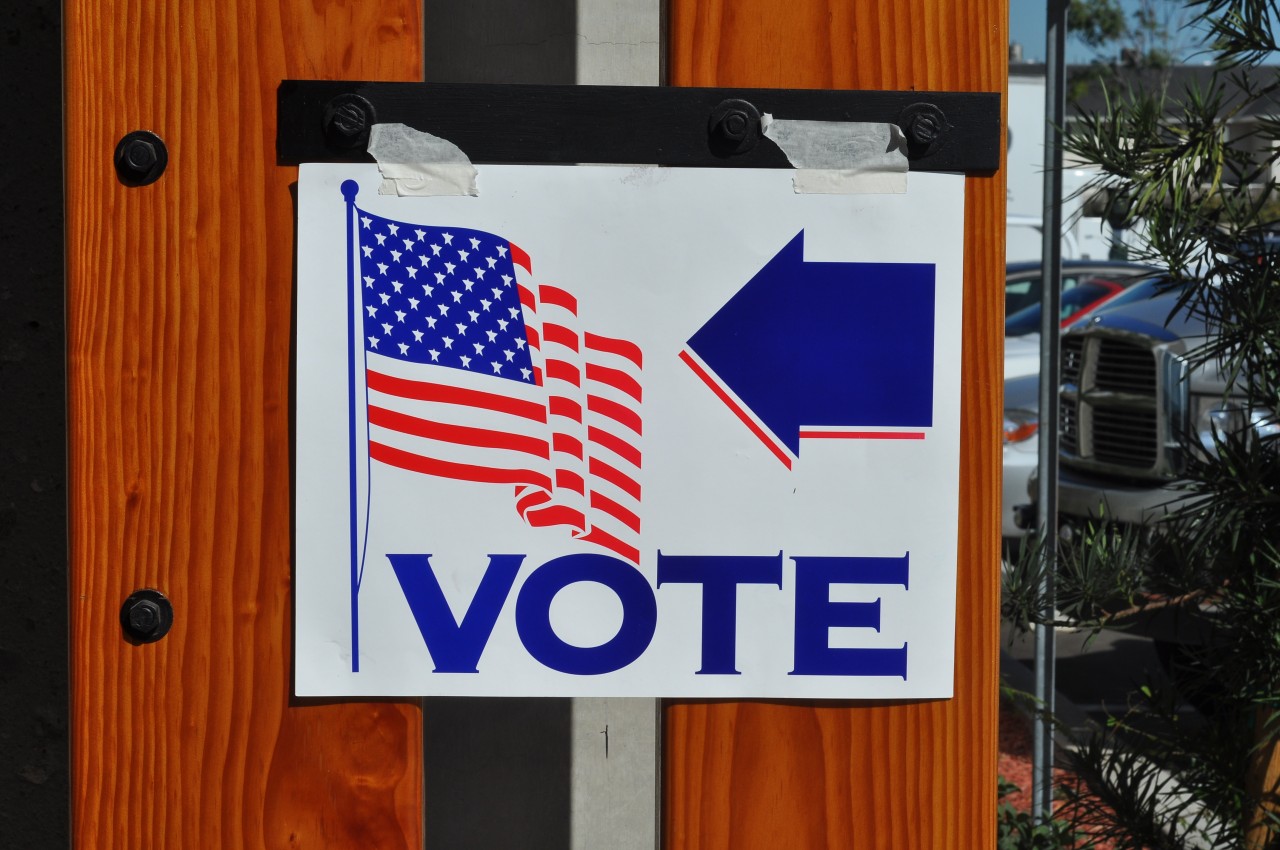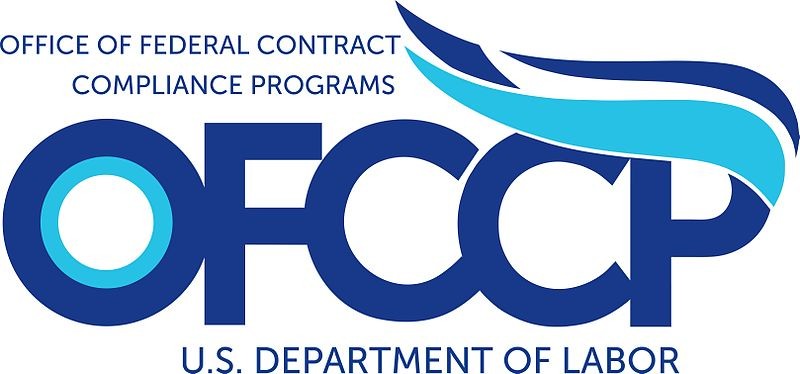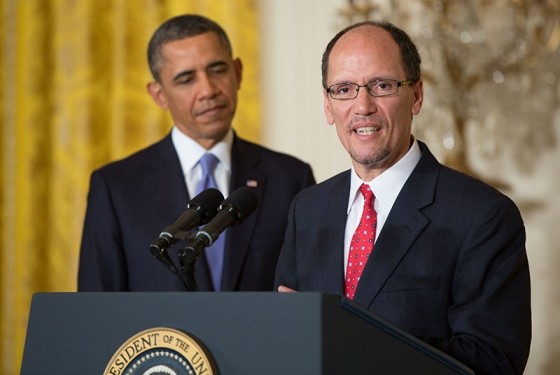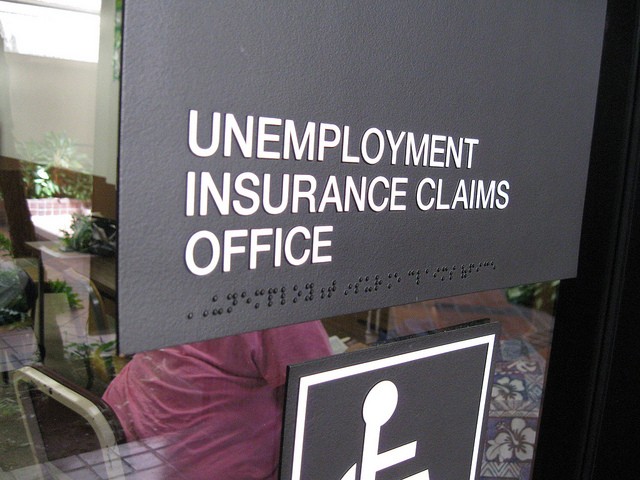
15:46:29
With the phased lifting of the stay at home order and the ensuing return to business and work, questions about employer and employee rights have begun to surface in increasing numbers. The problem is, all too often the speed, breadth, and impact of the COVID-19 outbreak has outpaced the ability to predict or even respond to the myriad legal questions raised as a result of this pandemic.
The Governor has issued emergency orders to establish protections for some workers and to offer guidance for employers as they begin to reopen. The Federal government has also responded with the CARES ACT, the First Families Corona Virus Recovery Act (FFCRA) and other pieces of legislation aimed at easing the economic impact of this health crisis.
In addition to new laws, orders and regulations, there are existing laws that can provide answers and protection as we all work together to forge a new path forward. Employees and employers can and should still look to the Family Medical Leave Act (FMLA) and sick leave policies as well as collective bargaining agreements to find guidance about leave time related to COVID-19. State and federal laws regarding disability rights and accommodations such as the ADA and New Hampshire RSA 354-A will offer clarity as to rights and responsibilities for employees who have disabilities due to COVID-19 or health complications due to the increased risk of contracting COVID-19.
For employees who contract COVID-19 at work, there is protection in the form of payments for medical bills and lost wages under our state workers’ compensation laws and between the state and federal government. Many employees will have the right to increased benefits for unemployment.
There are many options, rights and benefits for employees and employers impacted by COVID-19, but the challenge has been in getting that information out to the public and then combing through the options to find the best combination of protections and benefits for each circumstance.
For some employees, workers’ compensation will be the best route to recovery for lost time from work due to illness, but for others, they may find an easier path and better coverage for lost wages by using accrued sick time. Employees with complications that will keep them out of work, but who can still perform their duties remotely, may be able to stay employed by requesting accommodations. These last few months have shown that many businesses can still function with remote workers and thus accommodations that would have been considered a hardship in January, may be perfectly reasonable now. If an employee is ill or vulnerable to becoming ill due to an underlying disability and remote work isn’t an option, it may be possible for the employee to access short- or long-term disability. Some employees who are let go or have to leave work due to COVID-19 will be eligible for unemployment benefits.



















